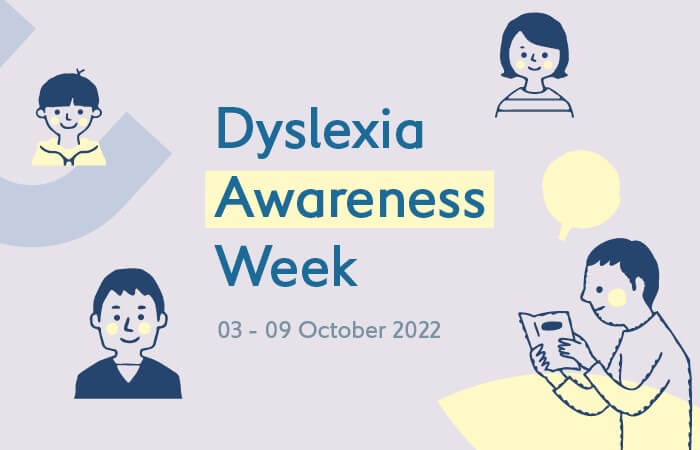Dyslexia Awareness Week 2022 – what reasonable adjustments should your employer be making as an employer?
World Dyslexia Awareness Week 2022 will run from the 3 to the 9 October. This annual event aims to raise awareness of dyslexia amongst the general public, educational institutions, and employers.
If you have an employee with dyslexia, it is important you know what support you should make available. In this article, we look at an employer’s legal duty to make reasonable adjustments and what kind of adjustments should be made to enable employees with dyslexia to carry out their work.
Employer’s duty to make reasonable adjustments
Under the Equality Act 2010, employers have a legal responsibility to make reasonable adjustments in the workplace for those with disabilities. Dyslexia falls under the scope of the legislation and is recognised as a disability. This is because dyslexic employees can be substantially disadvantaged in the workplace compared to those without the condition.
However, despite dyslexia being the most common disability present in a workplace, the right adjustments are often not made, and the condition is overlooked or not clearly understood. Therefore, it is important that employers understand their legal responsibility and take this seriously, so their employees can work to the best of their ability, with dyslexia or without.
What kind of reasonable adjustments should your employer make?
The adjustments that must be made will depend on both the employee and the nature of their role. For the most part, many adjustments can be made with little cost, but they will make a huge difference to the employee’s work life and their ability to do their job. Discussion with your employee about what adjustments could be made, is key.
Writing problems
You may need to consider implementing communication methods other rather than writing, allowing more time for written documents when they are required. Investing in quality spell checker programmes to assist with writing may also be beneficial to employees with dyslexia.
Reading problems
If your employee struggles with reading, there are some simple adjustments that could be made, such as providing recorded nstructions or information verbally rather than written. You could also install a text-to-speech programme or screen reading software. Offering screen filters or coloured reading overlays to the employee’s could make it easier for them to read.
Verbal communication
If your employee has issues with verbal communication, there are, again, simple steps that could be taken. For example, communicating in a quiet location free from any distractions or allowing the employee time to take notes for them to check before going off to work on any tasks as directed.
Is there other help available for employees with dyslexia?
Creating a an open culture for your employees to talk about what support they need is the easiest way of helping anybody with dyslexia to be able to carry out their duties as they will be best placed to tell you what help and tools they need.
Some employees may consider using the government’s Access to Work scheme. Although for help with dyslexia at work, we recommend that the employer and employee work together on the appropriate solutions which tend usually to be simple and cost effective to implement. With this scheme, it is important to note that If you work remotely, even partly, this will still count as your workplace.
The British Dyslexia Association also offers so good advice on their website for employers.
Here to help
If you are an employer and would like advice about your obligations to staff with dyslexia, please get in touch with Miranda Mulligan who specialises in employment law.
Please note the contents of this article are given for information only and must not be relied upon. Legal advice should always be sought in relation to specific circumstances.

